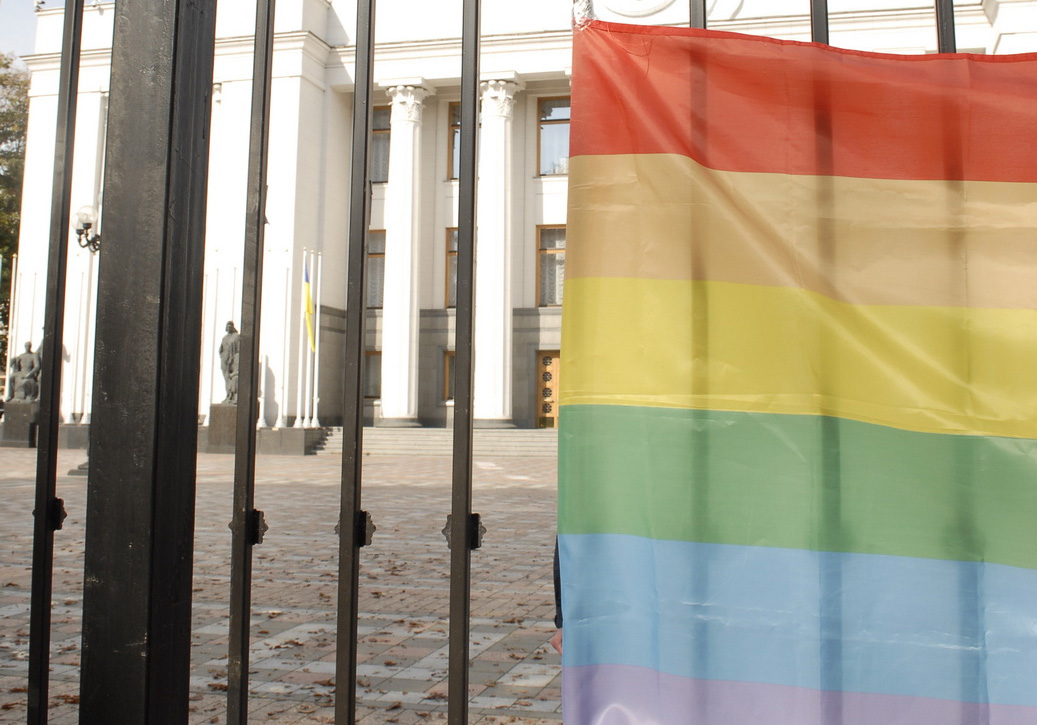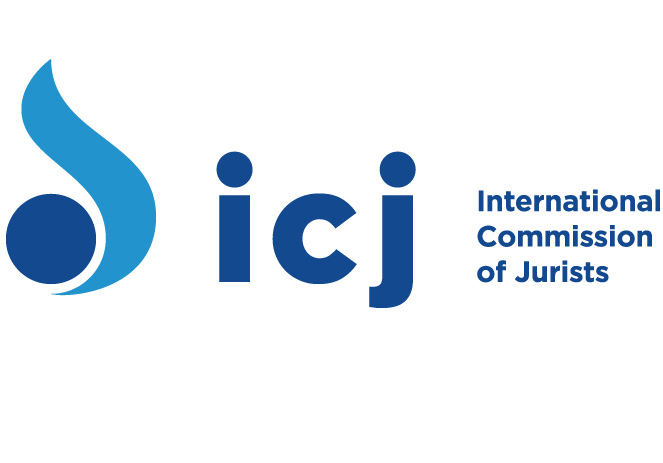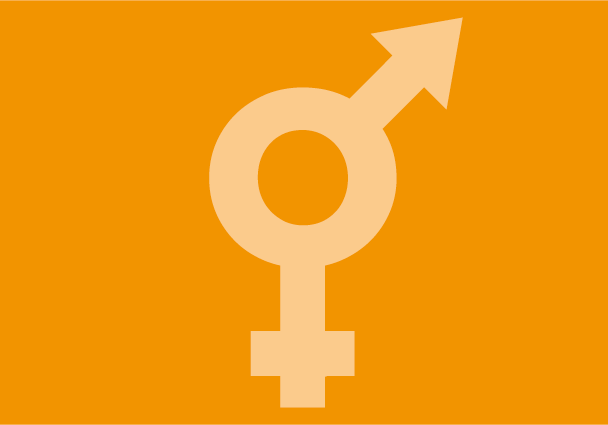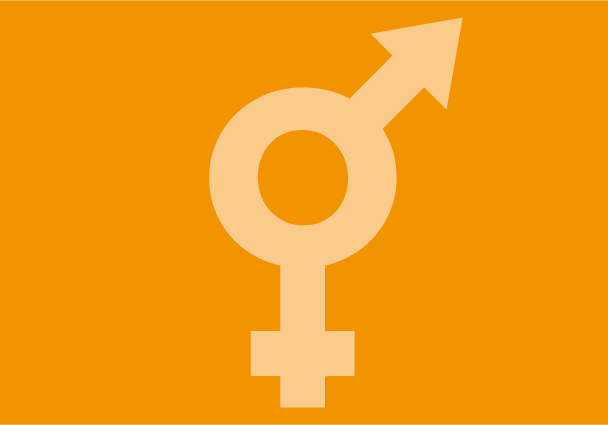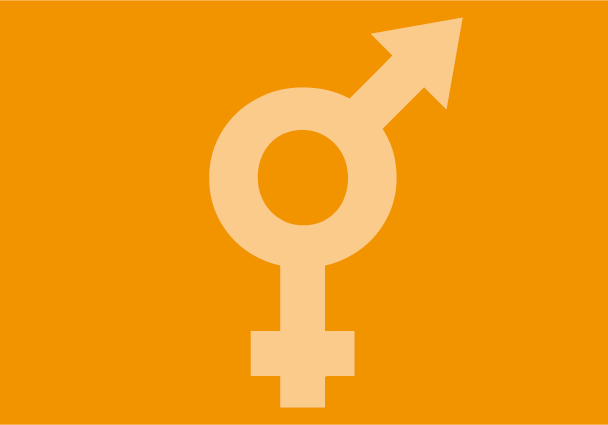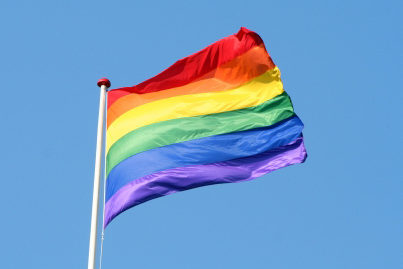
Governments condemn extrajudicial executions in seminal UN vote
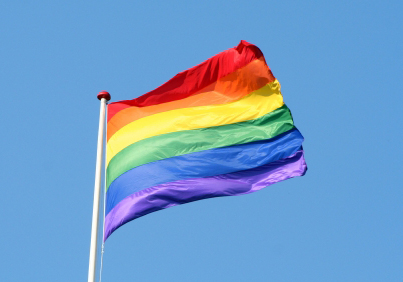 The ICJ and other human rights groups celebrate historic first condemnation of killings based on gender identity.
The ICJ and other human rights groups celebrate historic first condemnation of killings based on gender identity.
An international coalition of organizations dedicated to human rights celebrated yesterday’s historic vote in the Third Committee of the United Nations General Assembly to pass resolution A/C.3/67/L.36 condemning extrajudicial, summary or arbitrary executions.
The vote reversed the events of 2010 when the same body voted to strip the resolution of reference to “sexual orientation.”
The UNGA also expanded upon its commitment to the universality of human rights by including “gender identity” for the first time in the resolution’s history.
The resolution, which is introduced biennially in the Third Committee, urges States to protect the right to life of all people, including by calling upon states to investigate killings based on discriminatory grounds.
It was introduced by the Government of Sweden and co-sponsored by 34 states from around the world.
For the past 12 years, this resolution has urged States “to investigate promptly and thoroughly all killings, including… all killings committed for any discriminatory reason, including sexual orientation.”
Apart from Human Rights Council resolution 17/19, it is the only UN resolution to make specific reference to sexual orientation.
This year, the term “gender identity” was added to the list of categories vulnerable to extrajudicial killings.
At Tuesday’s session, the United Arab Emirates, speaking on behalf of the Organization of Islamic Cooperation, presented an amendment that would have stripped the resolution of reference to “sexual orientation and gender identity” and substituted “or for any other reason.”
The UAE proposal was rejected in a vote with 44 votes in favor, 86 against, and 31 abstentions and 32 absent.
Another failed effort, led by the Holy See, would have stripped all specific references to groups at high risk for execution; however it was never formally introduced.
The Third Committee also retained language expressing “deep concern” over the continuing instances of arbitrary killing resulting from the use of capital punishment in a manner that violates international law, which some States led by Singapore attempted to have deleted. The Singapore proposal was rejected in a vote with 50 votes in favor, 78 against, and 37 abstentions and 30 absent.
The full resolution passed with 108 votes in favor, 1 against, 65 abstentions, and 19 absent.
Many governments, including Brazil, the United States and South Africa, among others, spoke out to condemn the proposed amendment to remove reference to sexual orientation and gender identity.
The Government of Japan ended the silence that has often characterized the Asian Group’s participation on LGBT rights at the UNGA by stating: “we cannot tolerate any killings of persons because of their sexual orientation or gender identity. Our delegation voted against the proposed amendment to this paragraph because we think it is meaningful to mention such killings from the perspective of protecting the rights of LGBT people.”
Some governments condemned the reference to sexual orientation and gender identity, including Sudan on behalf of the Arab Group, Iran, and the United Arab Emirates on behalf of the Organisation of Islamic Cooperation.
Trinidad and Tobago stated that specific reference to “gender identity” presented a “particular challenge” for the country.
Speaking frequently, the Government of Egypt stated that it was “gravely alarmed at the attempt to legitimate undetermined concepts like gender identity” by equating them with other forms of discrimination such as that based on race, color, sex, religion, and language. In reference to sexual orientation and gender identity, Egypt stated: “we are alarmed at the attempts to make new rights or new standards.”
The vote affirms the resolution’s dramatic conclusion in 2010. At that time, the Third Committee removed the reference to “sexual orientation” by a vote of 79 in favor, 70 opposed, with 17 abstaining and 26 not voting and was silent on “gender identity.”
However, in a remarkable turn of events, the resolution was later introduced before the full General Assembly, which voted to reinstate the language by passing it 93 to 55, with 27 abstentions and 17 absent or not voting.
The states’ decision on Tuesday to support the inclusion of “sexual orientation” and introduce “gender identity” into the resolution is one more in a series of positive developments the UN and in regional human rights systems where there is increasingly recognition of the need for protection from discrimination regardless of sexual orientation and gender identity.
The successful expansion of the resolution to include “gender identity” on Transgender Day of Remembrance, a day dedicated to those murdered as a result of their gender identity or expression, was particularly significant.
Contact:
Allison Jernow, t +41 22 979 38 23, e-mail: allison.jernow@icj.org
NOTE:
The vote
- For a full vote on the Singapore Amendment, click here. For a photograph of the vote, click here.
- For a full vote on the United Arab Emirates Amendment to remove sexual orientation and gender identity, click here. For a photograph of the vote, click here.
- For a full vote on the passage of the Extrajudicial, Summary and Arbitrary Executions Resolutions, click here. For a photograph of the vote, click here.


